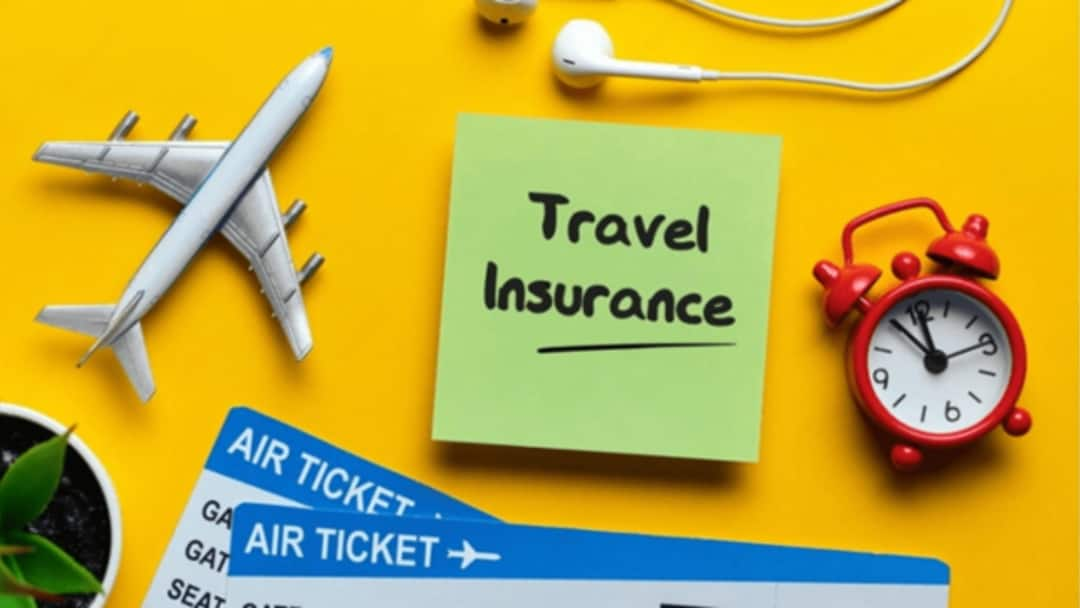Dubai is a popular destination for travellers seeking stunning skylines, warm beaches, and world-class shopping. Yet, many visa applications are rejected for reasons that are often simple to fix. If you are planning your trip, understanding the common pitfalls and how to avoid them can save time, stress, and unnecessary delays. From ensuring your documents are accurate to selecting the right travel insurance, knowing what causes refusals and how to address them is essential, with a special focus on travel insurance Dubai and foreign travel health insurance.
Why is travel insurance necessary for obtaining a Dubai visa?
Visa officers want assurance that you can manage emergencies without depending on local resources. Proof of foreign travel health insurance shows that you have financial support in case of accidents, sudden illness, or medical evacuation. While travel insurance is strongly recommended for most Dubai visa types, it is not universally mandatory for all applicants. Requirements vary depending on the visa type and your nationality. Providing a valid travel insurance Dubai policy that clearly lists medical and emergency benefits can demonstrate your preparedness and reduce the risk of refusal.
Common reasons for Dubai visa rejection
Applying for a Dubai visa can seem straightforward, but even small mistakes can lead to rejection. Understanding the typical pitfalls helps you prepare better and avoid delays or refusals. From missing details in your application to inadequate travel insurance coverage, here are the most common reasons Dubai visa applications get rejected and how to prevent them.
- Incomplete or incorrect application
Missing fields, spelling mistakes, or data that does not match your passport are frequent causes of refusal. Complete all fields, use your legal name as in your passport, and check dates carefully. - Wrong visa category
Applying for a tourist visa when your primary purpose is business, study, or family visits may lead to rejection. Choose the category that matches your true purpose and attach supporting documents. - Weak purpose of travel
If your plans appear vague, officers may not be convinced. Provide a brief cover note explaining your itinerary, intended dates, and who is funding the trip. Attach flight bookings, hotel confirmations, and activity plans that match your travel dates. - Insufficient funds
You may need to show that you can afford your stay. Bank statements should be recent and consistent. Specific financial requirements vary depending on the visa type. Include proof of regular income or sponsorship if someone else is paying. - Passport issues
Passports with low validity, damage, or too few blank pages can cause refusal. Most applicants are required to have at least six months of validity beyond the travel date. Replace damaged passports before applying. - Missing or invalid travel insurance
Submitting a policy that does not cover medical emergencies, evacuation, or the full trip duration is a common mistake. Ensure your travel insurance Dubai plan is valid for your entire trip and includes medical, evacuation, repatriation, and ideally COVID-19, trip cancellation, lost check-in baggage, and 24/7 assistance. Insurers like Bajaj General Insurance provide UAE-specific travel insurance certificates that include instant policy issuance, 24/7 assistance, and cashless hospitalisation in the UAE, making them a reliable choice for visa compliance and emergency protection. - Incomplete itinerary and stay details
Applications lacking full flight and hotel information can raise concerns. Keep confirmations for every night, including stays with friends or family. For sponsored stays, include an invitation letter and an ID copy of the host if requested. - Photo and document format errors
Incorrect photo size, poor-quality scans, or documents in the wrong file type may lead to rejection. Follow the exact guidelines on the visa portal. - Timing mistakes
Applying too close to your travel date may leave insufficient time for processing. Expedited visa processing is sometimes available for additional fees, but early application is always the safest approach. - Prior compliance issues
Overstays, previous immigration violations, or incomplete exits can affect new applications. If applicable, provide proof of rectification and be fully transparent.
How to avoid a refusal?
Avoiding a Dubai visa refusal is all about careful preparation and attention to detail. By double-checking your documents, choosing the right travel insurance, and providing clear information, you can significantly increase your chances of a smooth approval. Here’s a simple checklist to help you get it right.
- Match every detail – Ensure your name, date of birth, passport number, and travel dates are consistent across your form, tickets, hotel bookings, and insurance certificate.
- Pick the right cover – Choose foreign travel health insurance that includes emergency medical expenses, hospitalisation, ambulance services, evacuation, and repatriation. Confirm coverage is valid in the UAE for your entire trip.
- Show complete plans – Attach return tickets, day-wise stay details, and proof of funds. If your itinerary includes nearby countries, list them and ensure your insurance covers those locations.
- Explain your purpose – Include a short cover note in simple language. Mention the reason for travel, travel dates, companions, funding source, and accommodation details.
- Prepare for queries – Keep extra documents ready, such as employment letters, leave approvals, business registration if self-employed, student ID if studying, and relationship proofs for family visits.
- Check document quality – Use clear scans in the required format and follow photo rules for size, background, and recency.
- Apply early – Allow enough time to address any gaps flagged by the embassy.
Choosing the right travel insurance for Dubai
When evaluating travel insurance Dubai plans, consider:
- Medical benefits – Emergency treatment, hospitalisation, and outpatient support.
- Emergency evacuation and repatriation – These can be costly; confirm they are included.
- Check-in Baggage and travel disruption – Coverage for delays, cancellations, and lost checked-in luggage.
- Pre-existing conditions and exclusions – Check what is not covered.
- 24×7 assistance – Global helpline, cashless arrangements, and multilingual support are valuable during emergencies.
- Clear documents – Certificate should list your name exactly as in your passport, policy number, coverage start and end dates, and a summary of benefits. Attach this certificate with your visa file.
Conclusion
Dubai is a welcoming destination, and most applications that are complete, consistent, and well supported with documents are approved. By planning early, stating a clear purpose, showing proof of funds, and attaching a valid foreign travel health insurance certificate covering your entire trip, you can avoid the most common pitfalls.
*Standard T&C Apply
Insurance is the subject matter of solicitation. For more details on benefits, exclusions, limitations, terms, and conditions, please read the sales brochure/policy wording carefully before concluding a sale.
All prices mentioned are dynamic in nature and subject to change with time.
The information provided is for general purposes only and is not intended as a substitute for professional or expert advice. Appropriate guidance or consultation from relevant authorities for travel-related concerns and queries is recommended.
Disclaimer: This is a sponsored article. ABP Network Pvt. Ltd. and/or ABP Live does not in any manner whatsoever endorse/subscribe to the contents of this article and/or views expressed herein. Reader discretion is advised.


